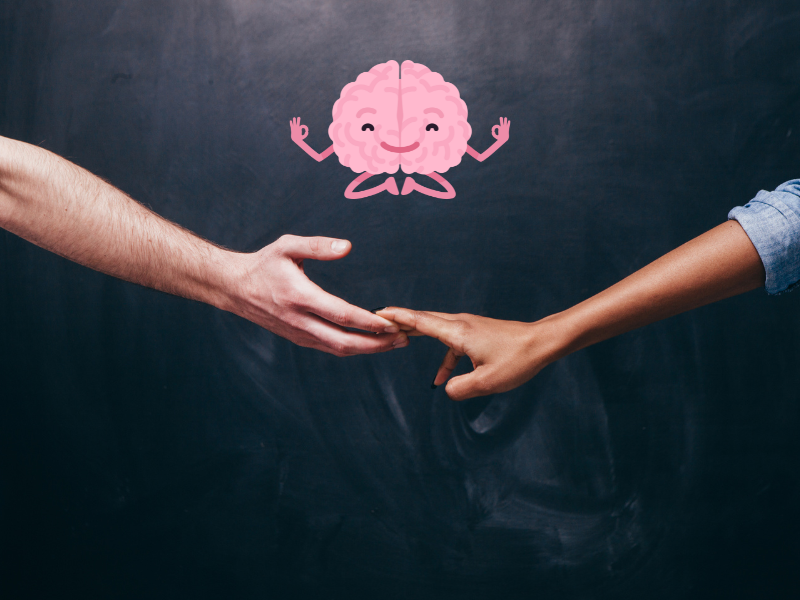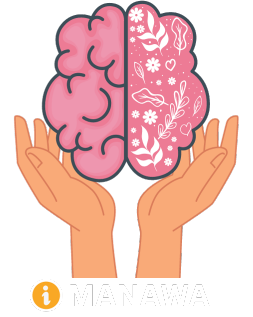
Introduction
Mental health plays a significant role in the dynamics of any relationship. Whether it’s a romantic partnership, a friendship, or a family connection, the mental well-being of individuals involved can greatly influence the quality of the bond. In this article, we will explore the various ways in which mental health affects relationships and provide actionable tips for navigating these challenges. From communication breakdowns to diminished intimacy, understanding the impact of mental health on relationships is crucial for fostering a strong and supportive connection.

How Mental Health Affects Relationships

Living with mental health challenges can present unique obstacles that impact relationship dynamics. Let’s dive deeper into the different aspects of relationships that can be influenced by mental health.
Communication and Mental Health
Open and effective communication is the foundation of any healthy relationship. However, mental health issues can hinder one’s ability to communicate effectively. Individuals struggling with mental health may experience difficulty articulating their thoughts or emotions, leading to misunderstandings or misinterpretations. It is vital to recognize these challenges and develop strategies for addressing communication barriers.
Intimacy and Mental Health
Intimacy encompasses emotional, physical, and sexual connections within a relationship. Mental health disorders can significantly affect one’s ability to engage in and fully enjoy intimate moments. Conditions such as depression, anxiety, or PTSD can result in decreased libido, emotional detachment, or difficulty with vulnerability. It is important for partners to be understanding, patient, and supportive when navigating intimacy challenges associated with mental health.
Trust and Mental Health
Trust is a fundamental component of any successful relationship. Mental health difficulties can disrupt trust through various mechanisms. For instance, unmanaged symptoms may lead to erratic behavior or inconsistency, causing the other party to question reliability and dependability. Additionally, individuals with mental health struggles may develop trust issues due to past traumas or negative experiences. Building and maintaining trust requires open communication, empathy, and a willingness to understand and work through individual challenges.
Emotional Support and Mental Health
Providing emotional support is crucial for the well-being and stability of a relationship. When one or both individuals experience mental health issues, the need for emotional support becomes even more essential. A strong support system can significantly alleviate the burden of mental health challenges and promote overall mental well-being. It is important to cultivate a safe and nonjudgmental space where both partners feel comfortable expressing their emotions and seeking support when needed.
Self-Care and Mental Health
Maintaining individual mental health is essential for the health of a relationship. Neglecting self-care can lead to increased stress, burnout, and strain within the partnership. Both partners must prioritize self-care practices that promote mental well-being, such as engaging in hobbies, practicing mindfulness, and seeking professional help when necessary. By prioritizing self-care, individuals can show up as their best selves within the relationship.
Conflict Resolution and Mental Health
Conflict is a natural part of any relationship. However, mental health issues can amplify conflict and make it challenging to resolve disputes effectively. It is crucial to approach conflicts with empathy, understanding, and patience, especially when mental health is a contributing factor. Developing healthy conflict resolution strategies and seeking professional guidance can help navigate disagreements and prevent further harm to the relationship.
FAQs

Can mental health issues destroy a relationship?
Mental health challenges can significantly impact a relationship, but they don’t have to be the end of it. With proper understanding, support, and professional help, couples can work through this obstacle and strengthen their bond.
How can partners support each other’s mental health?
Supporting a partner’s mental health starts with active listening, empathy, and validation. Encouraging professional help, engaging in self-care together, and fostering open communication are also crucial components of providing support.
What should I do if my partner’s mental health is affecting our relationship?
If your partner’s mental health is affecting your relationship, it is essential to approach the situation with compassion and understanding. Encourage them to seek professional help, communicate openly about your concerns, and consider couples therapy to address any relationship challenges that may arise.
Are there any resources available for couples dealing with mental health challenges?
Yes, numerous resources are available for couples struggling with mental health challenges. Couples therapy, support groups, and educational materials provided by mental health organizations can offer guidance and support tailored specifically to relationships impacted by mental health.
Conclusion
Our mental health has a profound impact on the relationships we form and nurture. By understanding how mental health affects relationships, we can approach our connections with empathy, awareness, and effective strategies for support. Whether it’s fostering open communication, prioritizing self-care, or seeking professional help, addressing mental health challenges within relationships is crucial for creating strong and resilient bonds. By cultivating a supportive environment, we can navigate the complexities of mental health while nurturing the love and connection that enrich our lives.
